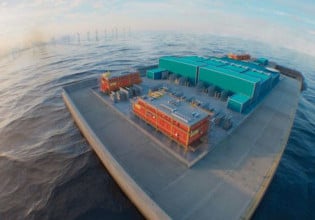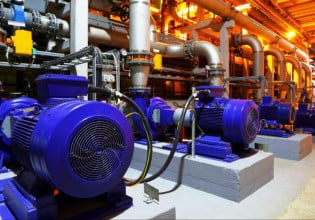The Japan Smart Community Alliance (JSCA) is conducting a study to identify partnership opportunities among the JSCA and the U.S. power sector. The study will rely primarily on interviews with key U.S. stakeholders to organize an opportunity to exchange information in the areas of Smart Communities and Microgrids with JSCA. The research will focus on highlighting innovative projects in the U.S., as well as obtaining market needs and identifying opportunities for the U.S. and Japan to better collaborate to develop advanced technologies that address the U.S.'s most urgent infrastructure challenges. The final findings will be released in the Fall of 2015.
JSCA defines a smart community as a community where various next-generation technologies and advanced social systems are effectively integrated and utilized, including the efficient use of energy, utilization of heat and unused energy sources, improvement of local transportation systems and transformation of the everyday lives of citizens. JSCA plays an important role in promoting the domestic and overseas dissemination of smart community technologies while addressing issues that are difficult for companies or organizations to resolve by themselves, such as standardization and proposals for new social systems. JSCA facilitates collaboration among a wide range of relevant parties, provides information and contributes to the preparation of roadmaps.
JSCA is a public-private organization supported by Japan's Ministry of Trade, Economy and Industry (METI) and New Energy and Industrial Technology Development Organization (NEDO) that was established in April 2010 to develop an international information exchange and partnership opportunities in the areas of Smart Grid and Smart Communities/Smart Cities.
Kenichiro Yamanishi, Chairman of the Japan Smart Community Alliance commented, "We expect that the research and study will ensure that JSCA member companies and leading U.S. energy suppliers are able to collaborate and exchange best practices in a manner that benefits both parties."






